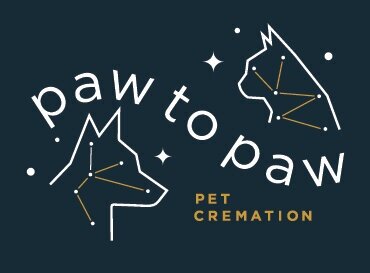Top Nutrients Older Dogs Need
As dogs age, their nutritional needs may change, and it's essential to provide them with a balanced diet that supports their overall health and well-being. Here are some key nutrients that older dogs may need:
Protein:
Protein is crucial for maintaining muscle mass and supporting overall body function. Look for high-quality protein sources, such as lean meats, eggs, and fish.
Joint Supplements:
Glucosamine and chondroitin are often included in senior dog diets to support joint health and alleviate arthritis symptoms. Omega-3 fatty acids, found in fish oil, can also have anti-inflammatory effects.
Fiber:
Adequate fiber helps maintain digestive health and can prevent constipation, a common issue in older dogs. Natural sources of fiber include vegetables, fruits, and whole grains.
Antioxidants:
Antioxidants, such as vitamins C and E, can help combat oxidative stress and support the immune system. Berries, carrots, and spinach are examples of antioxidant-rich foods.
Fatty Acids:
Omega-3 and omega-6 fatty acids are essential for maintaining healthy skin and coat, as well as supporting cognitive function. Fish oil is a common source of these fatty acids.
Calcium and Phosphorus:
While calcium and phosphorus are important for bone health, the balance of these minerals is crucial. Excess calcium can be detrimental in large-breed senior dogs. Consult with your veterinarian to ensure the appropriate ratio.
Reduced Calories:
Senior dogs may become less active, so their calorie needs may decrease. It's essential to adjust their diet to prevent weight gain, which can exacerbate age-related conditions.
Digestive Enzymes:
Some older dogs may benefit from digestive enzymes to aid in the absorption of nutrients. These enzymes can help with the breakdown of food and improve nutrient absorption.
Always consult with your veterinarian to determine the specific nutritional needs of your older dog. They can provide guidance on selecting the right senior dog food or recommend appropriate supplements based on your dog's health condition, size, and activity level. Regular veterinary check-ups are essential to monitor and address any age-related health issues.
While losing a pet is never easy, planning and choosing end of life services for your pet doesn’t have to be. Learn more about our pet cremation services by clicking here or calling (972) 483-5588.
